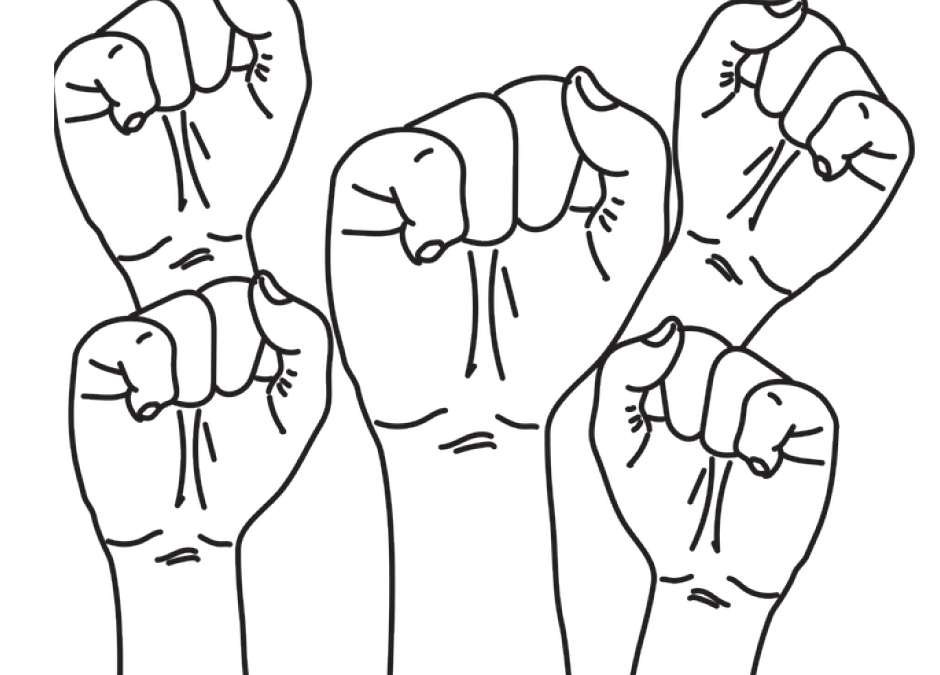The Asian Development Bank (ADB) is one of the major contributors of development finance in Asia Pacific. This places ADB in a powerful position to influence development policies and practices of countries in the region. Its status as the leading development investor, however, comes with great accountability in the face of ever-widening development challenges.
The 54th Annual Governors’ Meeting (AGM) will be held virtually on May 3 to 5, 2021, to discuss economic and social development issues faced by the Asia Pacific region. Insights from various stakeholders are expected to inform ADB’s administrative, financial and operation directions. Under the theme “Collaboration for Green and Resilient Recovery”, the 54th AGM will focus on the bank’s strategies and plans for “recovery” from the COVID-19 pandemic, particularly on the issues of climate change and fragility.
Steering an exclusive and exploitative system for ‘recovery’
While the theme focuses on “collaboration for recovery”, ADB’s mechanisms for “collaboration” prioritizes the role of the private sector while leaving out civil society organizations, peoples’ organizations and most especially, affected communities in development processes. ADB’s current framework and processes limit and pre-determine the space for civil society organizations, peoples’ organizations and communities to voice out their concerns and grievances. Moreover, the bank’s implementation of neoliberal policies that promote the interests of the private sector rather than the welfare of the people, only intensify the corporate capture of development.
The ADB has been shaping such corporate capture of development through its prioritization of profit-oriented infrastructure projects that are proven to be harmful to the people and the environment. RoA-AP’s publications and monitoring platform, CSO Aid Observatorio, show that ADB projects have negative impacts on the peace and security, human rights, and environment of developing countries. Power plants, irrigation systems, gas projects have led to the militarization of communities, resulting in various human rights violations. Local armed forces are being deployed to look after ADB-funded infrastructure projects, while suppressing voices of the communities and shrinking civic space. ADB projects have also served to exploit the natural resources of the communities, which have led to severe environmental challenges like the loss of biodiversity, pollution and deforestation.
Reversing the status quo, addressing inequalities
Despite these circumstances and the opportunity to rebuild better through people-centered development, today’s recovery agenda for donor countries, IFIs and the private sector entails going back to the status quo, doing business-as-usual and furthering the corporate capture of development. In fact, preliminary 2020 ODA data show that overall bilateral ODA saw a five percent rise in the disbursement of loans and equity investments. ADB’s response to the COVID-19 pandemic also continued to be debt-driven, causing debt burdens to the people of the region. ADB’s profit-oriented projects and privatization of basic services continue to be implemented in the face of worsening public health and socio-economic conditions in developing countries.
With these existing policies and strategies, ADB’s approach on fragile, conflict- affected situations (FCAS) and small island developing states (SIDS), where exploitation and poverty are deepening, must be thoroughly examined. The contexts of FCAS and SIDS make communities vulnerable to the negative security and environmental impacts ADB and other IFIs pose, multiplied by the advent of the COVID-19 pandemic. In the case of Myanmar, for instance, ADB has continued to grant loans to the government in the face of the military coup, financially supporting the conduct of democratic backsliding and human rights violations. Fragile contexts and “pockets of fragility” must not be further exposed to risks that will hinder their recovery and development. ADB must not serve as a “driver of fragility” in these contexts and in other developing countries.
Forwarding people-centered development entails transformation and not just ‘recovery’
With the current systems and projects in place, the ADB will only serve to widen gaps and inequalities in the Asia Pacific region. In order to ensure a transformative sustainable development, ADB’s approach must be people-centered and rights-based. This includes ending conditionalities and canceling debts that further impoverish developing countries and fragile states. The bank should be able to foster an effective development cooperation that promotes self-sustaining economies, as well as the growth of local industries and micro, small and medium enterprises (MSMEs). ADB must also end the corporate capture of development that discards the democratic rights of the marginalized and vulnerable.
ADB’s FCAS and SIDS approach must reverse policy priorities that worsened these countries’ exposure to the pandemic and climate crisis impacts. Financing development projects must not lead to human rights violations and financial support to authoritarian governments with questionable human rights records. Lastly, ADB processes must be inclusive and participatory, ensuring that the democractic rights of civil society organizations, peoples’ organizations and communities are upheld in designing and implementing development projects.
Fight corporate “recovery”! Cancel debts; end conditionalities! Defend working peoples’ rights! End ADB-backed landgrabs! Hold the ADB accountable for neoliberal attacks!

